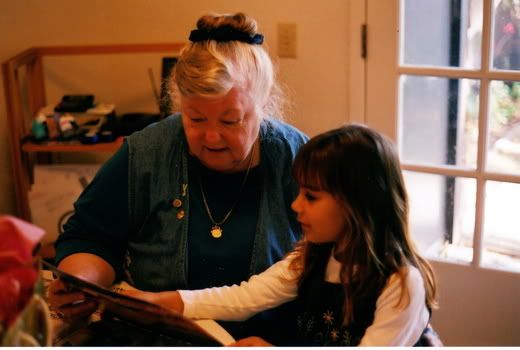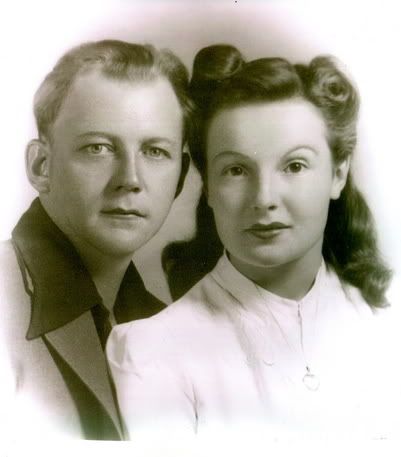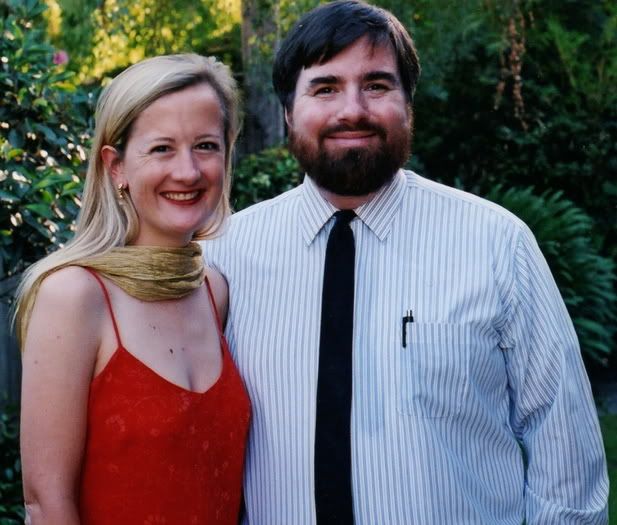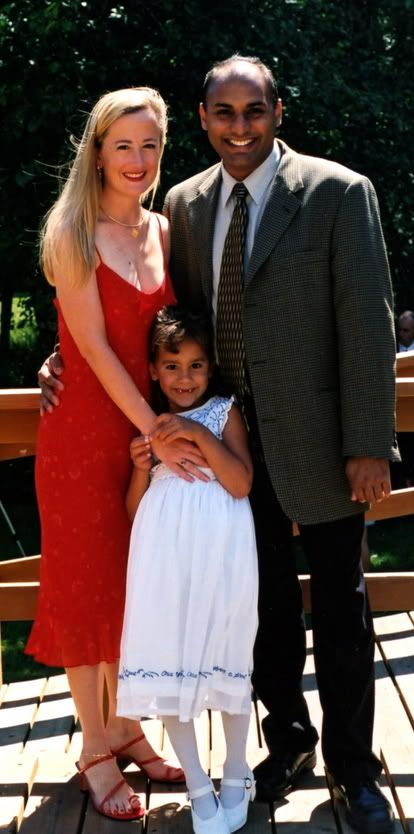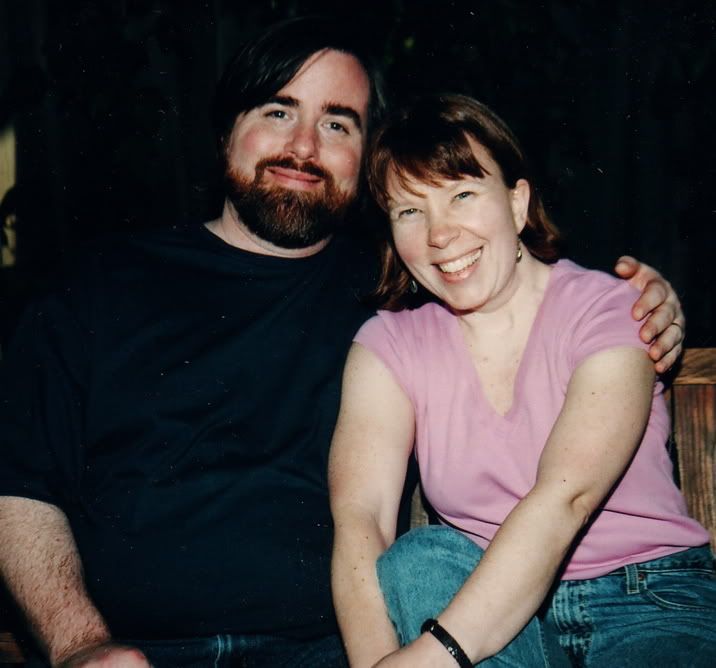"This gender thing is so tricky. Here's my theory. Men voted in the first part of the last century to give women the vote. They had all the votes and decided to share them. They thought, 'they're smart, we're married to them, if momma's not happy nobody's happy' sort of thing."
 Let's try telling that to my great-grandmother, the suffragist, shall we? To all of the women who marched and went to jail and were force-fed to break their hunger strikes. To all of the women who heard that only ugly women who couldn't catch a husband would ever want to vote. To all of the women who died before it ever happened. To Abigail Adams, who asked her husband to "remember the women" in the Constitution.*
Let's try telling that to my great-grandmother, the suffragist, shall we? To all of the women who marched and went to jail and were force-fed to break their hunger strikes. To all of the women who heard that only ugly women who couldn't catch a husband would ever want to vote. To all of the women who died before it ever happened. To Abigail Adams, who asked her husband to "remember the women" in the Constitution.*Even a child's publication, the Scholastic, says on its suffrage page, Women's Suffrage
Woman suffragists often met hostility and sometimes violence.Yes, yes. Hostility and violence. That sounds to me like deciding to share. Doesn't it to you?
And how about this (also from Scholastic)?
During the Civil War, suffragists shelved their cause temporarily, hoping that at war's end, women as well as emancipated slaves would be enfranchised. After the war Republican party politicians believed enfranchisement of the ex-slaves would be defeated if harnessed to the even more unpopular cause of woman's suffrage. They succeeded in passing the 14th and 15th amendments to the U.S. Constitution, which gave the vote to black men but not to women.It has always amazed me that men were willing to give the vote to men of other races before they were willing to give it to their own mothers and daughters and sisters. I could understand their not wanting to share power with their wives and even their sisters. But their mothers and daughters? What kind of person doesn't see the humanity of his own parent and child? What does that say about those men?
* Let's remember that there have always been men, like John Stuart Mill and my great-grandfather, who believed in the equality of the sexes. I am not talking about them here. I am talking about the majority of men, who had power and did not gladly give it up.
photo, National Archives of Scotland, Photograph of Janet Arthur, suffragist, 1912, taken from the Home and Health Department criminal case files, NAS ref. HH16/43/2








